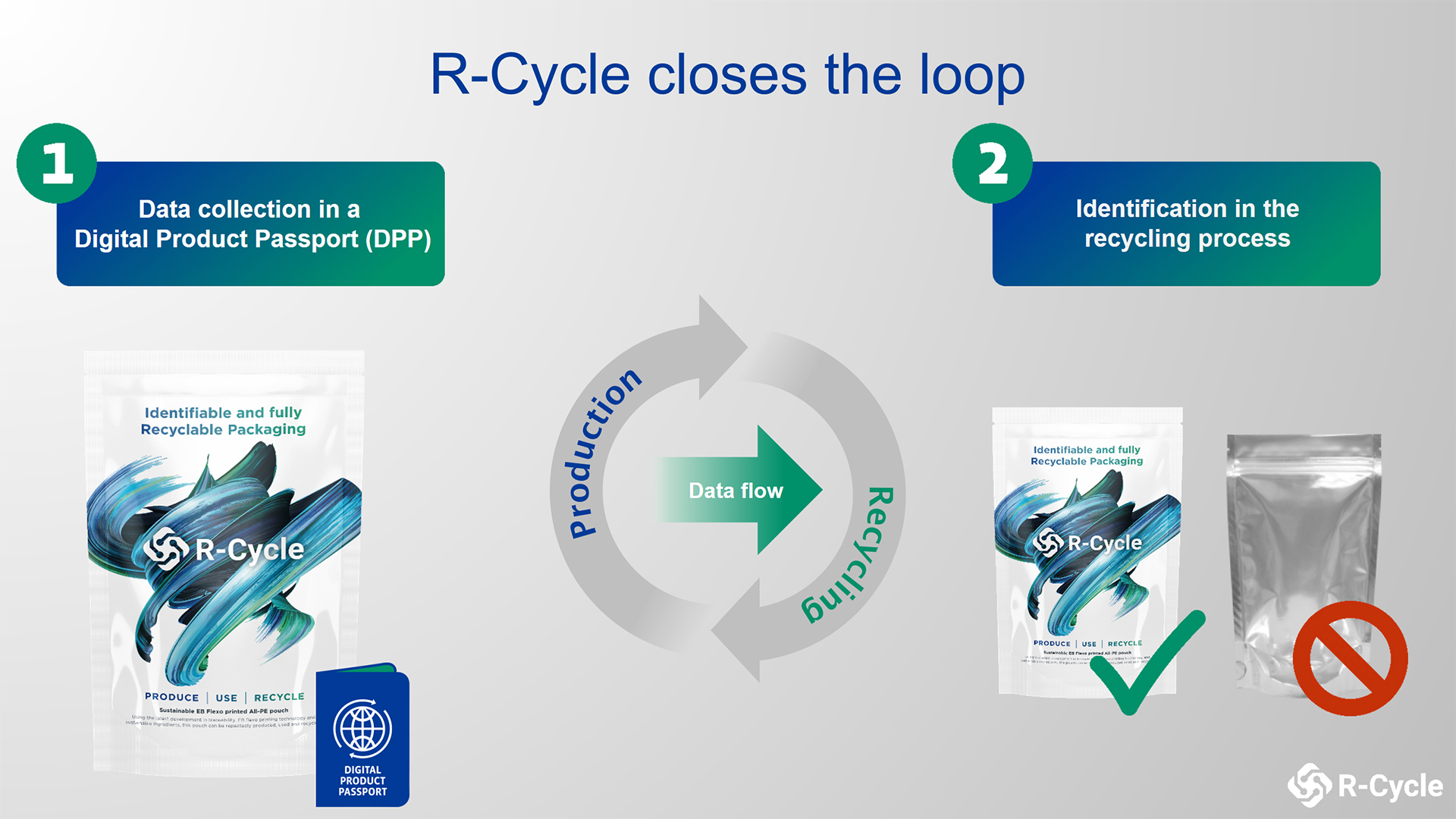The project mission is to make flexible packaging even more relevant to the circular economy by advancing better system design solutions which result from the collaboration of the companies represented in the consortium.
It continues the work of the recently concluded project FIACE, which helped to quantify the added value and identify opportunities to increase recycling of flexible packaging; and REFLEX, an INNOVATE UK funded technical project focused on recycling flexible packaging in the UK.
The consortium currently has 34 stakeholders, representing all the major value chain players: raw materials suppliers, packaging converters, brand owners and retailers, producer responsibility organizations, collectors, sorters and recyclers, as well as other technology suppliers and end users of the secondary raw materials. For a full list of members see www.CEFLEX.eu.
Project coordinator Graham Houlder explained why it is important to carry on the work of the previous programs. “The earlier studies clearly identified technical solutions for successfully sorting and recycling more than 50 per cent of flexible packaging, using state of the art technologies,” he said.“We are moving forward from this excellent work.”The vision and activities initiated by the project should deliver significant gains by 2020.
“We expect more flexible packaging to be collected and recycled in an increasing number of European countries,” predicted Houlder. “Also there will be recognition of the significant value this packaging format adds to the circular economy through measurable resource efficiency, waste prevention and recycling benefits,” he added.
CEFLEX will work towards the development of a collection, sorting and reprocessing infrastructure for post-consumer flexible packaging across Europe by 2025. This will be enabled by the development and application of robust Design Guidelines for both flexible packaging and the End of Cycle infrastructure to collect, sort and recycle it, due for completion by 2020.
Michael Scriba, managing director, mtm plastics (A Member Of Borealis Group), reaffirmed the project objectives, saying: “We have already developed successful techniques to separate and sort mixed materials.
These need to be improved and expanded. In addition, and equally important, there is a need to further develop and establish financially sustainable end markets for secondary materials recycled from flexible packaging.”
“Flexible packaging excels in terms of material efficiency and overall life cycle performance,” states Gerald Rebitzer, director of sustainability at project stakeholder Amcor. “This creates a cascade of environmental benefits throughout the entire value chain, and avoids waste at source. What is still in its infancy is an end-to-end solution for this
source-:http://www.packagingnews.co.uk/news/environment/new-flexible-packaging-consortium-to-bring-circular-economy-solutions-26-04-2017








